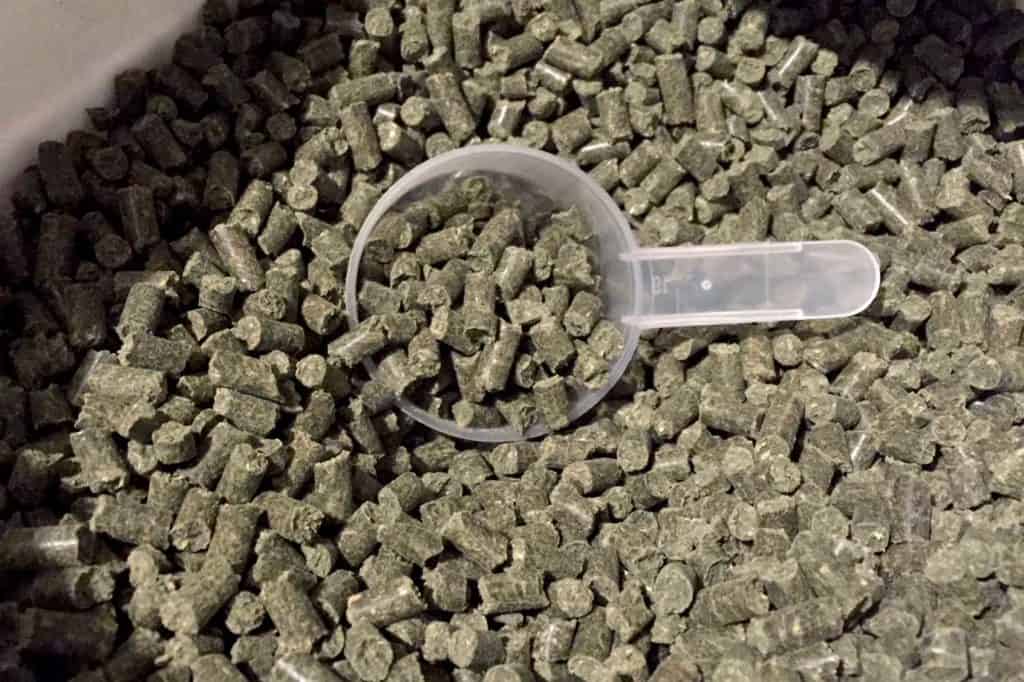
HERDA: 20 Years Later
Greater awareness and ongoing research mean fewer foals are being born with this genetic skin condition.
How to care for the basic health needs of horses

Greater awareness and ongoing research mean fewer foals are being born with this genetic skin condition.

Learn which calming supplement ingredients work and things to consider before choosing or administering a product to your horse.

In any discipline cross-training is the key to keeping a horse’s neck and back healthy, says Dr. Kevin Haussler of Colorado State University.

Use SMART supplementation strategies and the ACCLAIM system to find a quality product.

Scientists are studying the safety, efficacy, mechanisms of action, and pharmacokinetics of equine nutritional supplements.

Get tips on how to manage equine leg lacerations that require bandaging.

A comprehensive look at options for keeping equine athletes with arthritis on the move. Sponsored by Bimeda.

Follow these steps to safely and successfully add a new horse to an existing herd.

Experts share best practices for feeding and managing aging metabolic horses in The Horse‘s Older Horse 2025 issue.

Your horse needs essential nutrients from the diet to stay healthy. An equine nutritionist explains how to meet those needs through proper feeding.

During the 2024 AAEP Kester News Hour experts shared new research on equine genetics, atrial fibrillation detection, neck pain, and updated EHV guidelines.

As temperatures rise, tick activity increases—putting horses at risk. Learn how to identify tick-borne threats and implement effective prevention strategies.

Do we underestimate the impact of ill-fitting tack on our horses? Learn how to recognize and address saddle fit problems.

Equine metabolic syndrome (EMS) is a metabolic disorder in horses that can cause obesity, insulin dysregulation, and laminitis. Sponsored by Equithrive.

Researchers continue to learn how the components of a horse’s diet can help battle inflammation. Learn more in The Horse‘s 2025 Older Horse Issue.

Does your old horse need additional vitamin supplementation in his later years? An equine nutritionist shares how to ensure your senior horse gets the nutrition he needs.
Stay on top of the most recent Horse Health news with
"*" indicates required fields